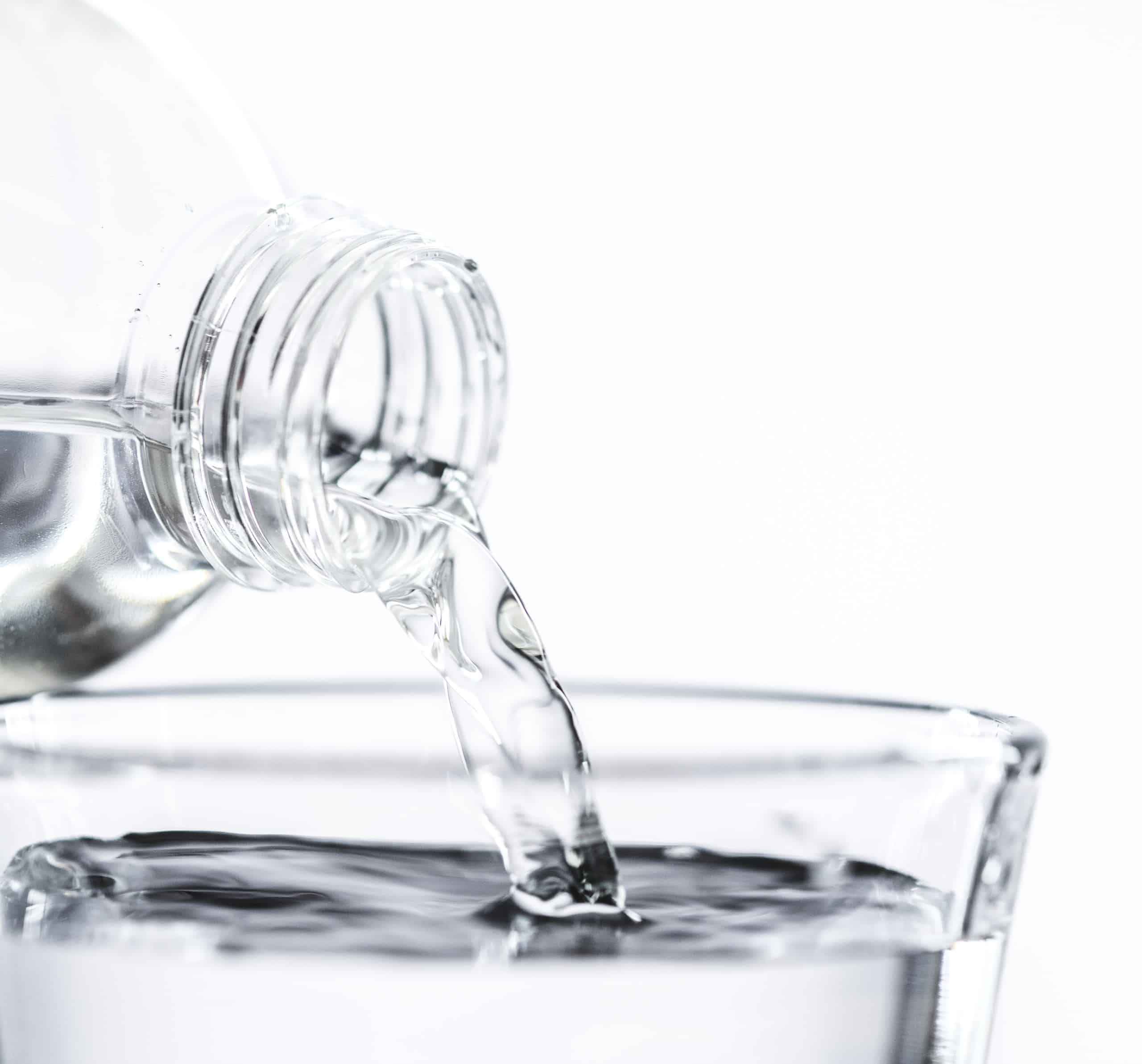What summer does to your digestive system

As temperatures climb, so do cases of dehydration, and your digestive system often takes the hit. While not the most pleasant topic, it is important to understand how the body runs differently in the Ohio heat. OhioHealth O’Bleness Hospital general surgeon Stephanie Dunkle-Blatter, MD, FACS (who goes by Dr. D-B with her patients and colleagues), shares how summer heat, diet and hydration habits all affect gut health, and what to do when things feel off.
Dehydration in the heat
Everyone wants to be outside soaking in the sun, but many forget that staying hydrated is harder this time of year.
“It’s easier to become dehydrated in the summer months simply because it’s hotter, we’re perspiring more, and we may not be used to really hydrating ourselves to the level that we should,” said Dr. D-B. “Getting dehydrated can lead to not only gut issues, but just feeling light-headed, headaches, and overall, not feeling well.”
To stay ahead of dehydration and to continue enjoying these long summer days, Dr. D-B recommends making water intake a daily priority.
“The average adult really should drink at least two liters of water a day, or eight eight-ounce glasses at the minimum,” she added. “It is really hard to get too much water.”
Drinks that work against you
It’s not just about drinking more fluids; it’s about drinking the right ones to keep you feeling your best. While another cold brew, energy drink, or summer cocktail is tempting, those choices can actively work against your hydration goals.
“Caffeine and alcohol really counter our hydration efforts,” said Dr. D-B. “Caffeine is a diuretic, and so anytime you’re drinking any caffeine or alcohol, you really need to almost double or increase the water intake to make up for the fact that those are decreasing the amount of water in your body.”
That combination of heat, sun, and celebratory summer drinks can be deceptive and even dangerous if you’re not balancing them carefully with water.
“When people are out in the hot sun and consuming only alcoholic or caffeinated beverages, they’re really doing more harm to their body than good,” said Dr. D-B.
Constipation vs. diarrhea
Dehydration doesn’t just make you tired, dizzy and thirsty — it can disrupt your digestion in ways that are very uncomfortable and, if ignored, potentially harmful.
“The job of the colon is to recycle water in the body,” Dr. D-B explained. “If you’re dehydrated, there is not enough water in your system and that solid stool becomes very hard. The longer you wait to pass your stool, the harder and more painful it gets.”
On the flip side, dehydration can also disrupt the balance in your gut, leading to the opposite problem. Both unpleasant.
“Often if you’ve been out all day sweating, you’ve got electrolyte abnormalities and you’re dehydrated, you can end up with diarrhea. This unfortunately then makes your dehydration worse,” Dr. D-B said.
When to seek help
Paying attention to your bowel habits can offer important clues about your overall health. Understanding what to look for and knowing when to seek medical help is key.
“Any time there’s a drastic change in your bowel function that’s sustained over time like a couple of weeks, or is accompanied by bleeding or pain, it’s time to see a doctor,” said Dr. D-B. “Additionally, anybody over age forty-five needs a colonoscopy for colon cancer screening. Seeing a surgeon doesn’t always mean surgery. We can counsel you on medication and dietary changes for better bowel function.”
Despite this critical advice, many people put off getting care because they’re unsure where to start or assume they need a specialist, but that’s not always the case.
A lot of people think they need to start with a gastroenterologist, but all of our surgeons here in Athens do the same GI work, and can often care for you quicker right here near home.” she said. “You don’t necessarily need a referral either; people can just call and make an appointment with us.”
Summer is a time for fun, relaxation, and making memories outdoors, but it’s also a season when your digestive system can be more vulnerable. Staying properly hydrated, being mindful of what you drink, and paying attention to changes in your gut can help you avoid uncomfortable and potentially serious issues.
link

:max_bytes(150000):strip_icc()/VWH-GettyImages-2176373086-c48731a2a740488990943473d3ca0f6e.jpg)






